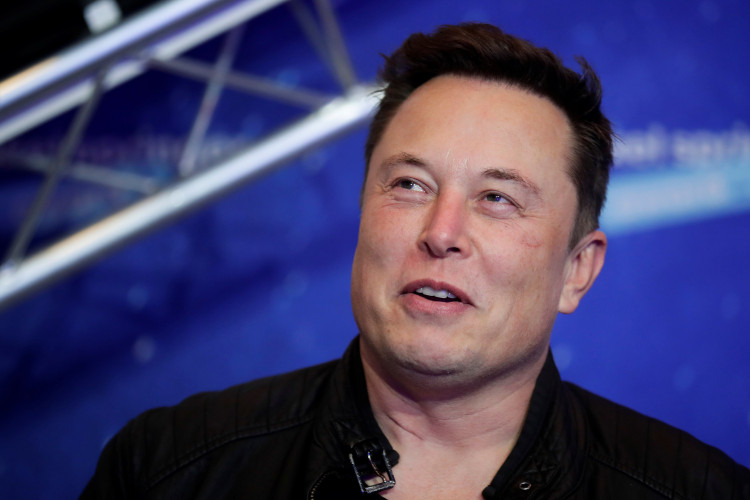After a year-long "global price war," Tesla's gross margin has dropped from 25% in the same period last year to 18.2% in this year's Q2. Its profitability has been significantly squeezed, but Elon Musk seems to maintain considerable confidence.
On Wednesday local time, Musk announced on a call regarding Tesla's Q2 financial report that they would continue to cut prices during "turbulent times," specifically, if interest rates continue to rise, Tesla would respond by reducing its prices further.
Musk indicated to analysts that at times, it seems as if the global economy is on the verge of collapse, but the very next day, everything appears to be normal again. Musk admitted that he truly doesn't understand what's happening. He emphasized that we are currently living in turbulent times.
Following Musk's comments, Tesla's stock price fell more than 4% in after-hours trading, after remaining essentially flat at the close of regular trading.
"Trading Price for Volume" Strategy Strengthens Tesla's Dominance
Since the end of last year, Tesla has reduced its prices multiple times in the United States, China, and other major markets. It has also implemented more discounts and other incentives. This strategy helps deplete inventory while responding to increasing competition and economic uncertainty.
The "trade price for volume" strategy has indeed proven effective, as the company's Q2 revenues and profits both surpassed expectations, and vehicle deliveries during this period reached an all-time high.
However, alongside this, significant price cuts have also put pressure on Tesla's vehicle gross margin.
Based on calculations by Reuters, in the second quarter, Tesla's vehicle gross margin excluding regulatory credits dropped from 19% in Q1 to 18.1%. By comparison, this figure stood at 26% a year ago.
In January, Tesla CFO Zachary Kirkhorn stated that his goal for the year was a vehicle profit margin of 20% (excluding regulatory credits).
However, in the context of a general slowdown in demand for electric vehicles and swelling inventory, this goal has been hard to maintain. Kirkhorn retracted this forecast in April.
According to data released by Tesla, the company's current global market inventory is 16 days, higher than the 15 days last quarter and the 4 days a year ago.
The financial report shows that Tesla's overall gross margin for Q2 was 18.2%, the lowest in 16 quarters. The Q1 margin was 19.3%, and it was 25% in the same period last year.
Despite the impact on profitability, Musk stated that Tesla would sacrifice profit margins to boost sales growth.
An analyst from investment bank Wedbush noted in a report:
Tesla's multiple rounds of substantial price cuts have given it a advantageous position in the electric vehicle market after creating an electric vehicle "fortress." Now, it will further monetize this advantage.
A previous Wall Street article mentioned that Tesla's Model Y topped the global best-selling car list in Q1 2023, replacing the Toyota Corolla, which had held this position for many years. This marks the first time an electric vehicle has become the global sales champion.
Tesla reiterated its expectation to deliver approximately 1.8 million vehicles this year but warned that production will decline slightly in the third quarter due to factory upgrades.
Worth mentioning is that in the crucial Chinese market, Tesla, due to a lack of new model launches, is beginning to face fierce competition from local automakers and may have to continue to lower prices to attract customers.
Analysts suggest that new models like the Cybertruck could help Tesla maintain sales growth. However, this much-anticipated electric pickup might not hit the market on a large scale until next year.





